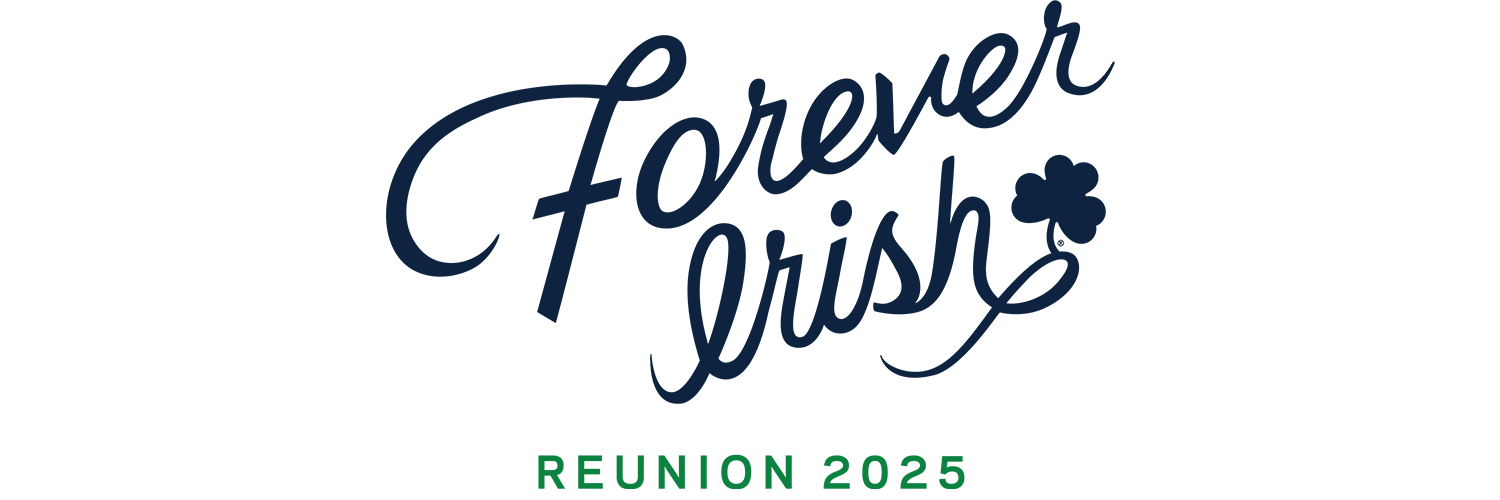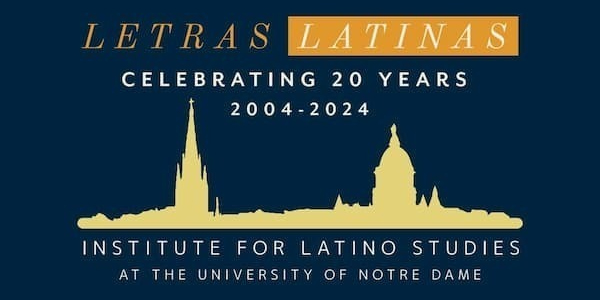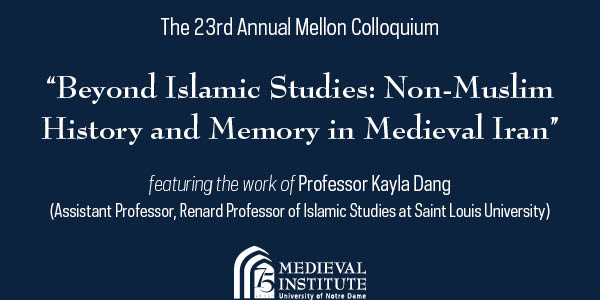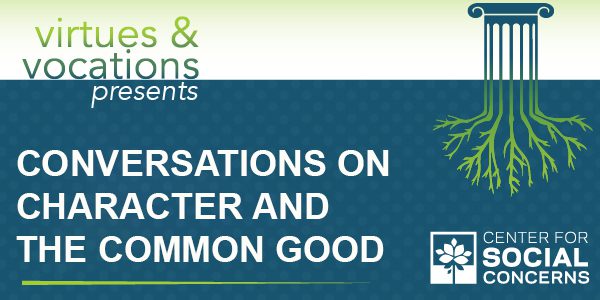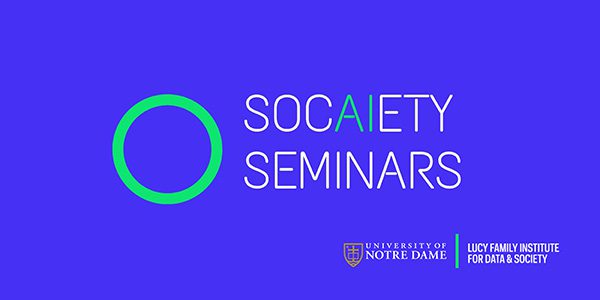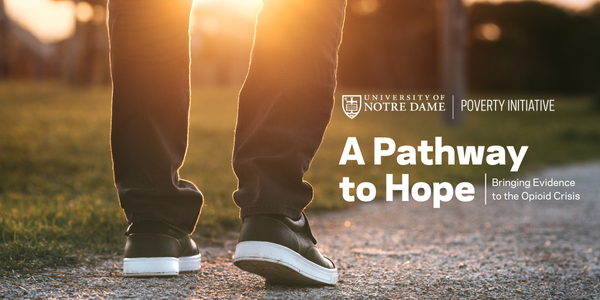This week, hosts hosts Heidi Beidinger-Burnett and Mary Ann McDowell were joined by Jack Swarbrick, Vice President and James E. Rohr Director of Athletics at Notre Dame, and Patricia Bellia, William J. and Dorothy K. O’Neill Professor of Law and Chair, as well as Faculty Board on Athletics. Beidinger and McDowell chose these hosts because their goal was to discuss the pandemic’s impact on college sports, whether Notre Dame would continue sports in the fall, and how Covid-19 has impacted athletics around the world.
The session began with a question regarding Notre Dame fall sports. Swarbrick explained the decision to push for playing fall sports. He said he believed that rinks, fields, and courts that athletes play on are essentially “classrooms” where they learn valuable lessons, just as the rest of the students at the school do in the classroom. He said that the decision was very day-to-day. They were not sure whether they would be able to continue for the whole semester, so the goal was to continue to the next day. He also stated that in order to make many of the decisions surrounding fans and testing, they consulted Dr. Fox who was previously a guest on the show.
This was followed by a discussion of the unfortunate financial impact of the pandemic on Notre Dame athletics, as well as St. Joseph County as a whole. Swarbrick stated that while they lost a significant amount of revenue, expenses were still maintained, which is a difficult thing to grapple with.
Next, in the “Rumor Has It” portion, Bellia explained that the rumor that has been going around, which accuses the university of revoking scholarships if students could not play in the fall, is false. Bellia stated that the university is very protective of the scholarships that they award students. She further said that if a student were unable to compete in 2020/2021 seasons, they would be granted an extra year of eligibility. Swarbrick, then, talked about rumors regarding testing in the testing protocols of the ACC and Big Ten, and whether the ACC would change their testing protocols to match those of the Big Ten. The Big Ten decided to do antigen testing 7 days a week. He said the ACC believed that the PCR test, if administered every other day, may be even more accurate and effective. Interestingly, before every game, a lab flies in to test everyone from each team, flies back to North Carolina, and has results to the teams before the games. Furthermore, if an athlete were to test positive, video would be reviewed to determine whether the student was a close contact with other teammates at practice.
Finally, Swarbrick further discussed the rigor of protocols that take place when athletes travel. Many new changes have taken place. Such changes include the addition of more busses to ensure that athletes are spread out, a limiting of interactions with hotel staff, and even changing the transition of pregame meals to take place within the stadium, with plexiglass between players during the meal. These changes ensure the safety of athletes as they continue to compete throughout the pandemic.
Visit the event page for more.

